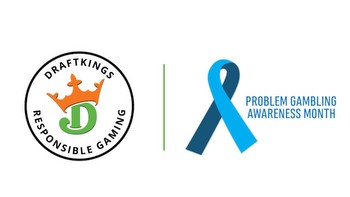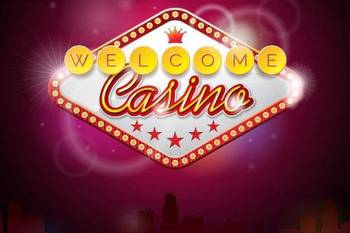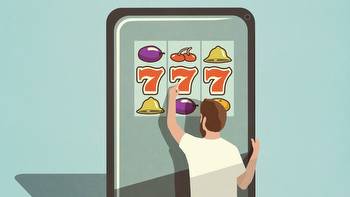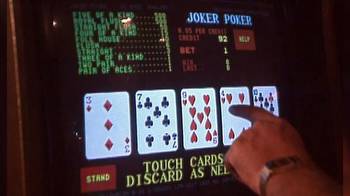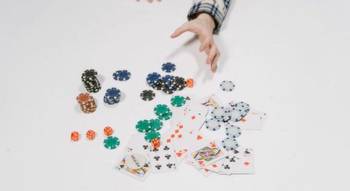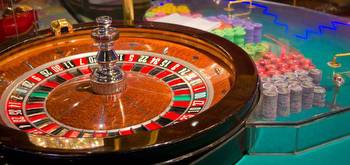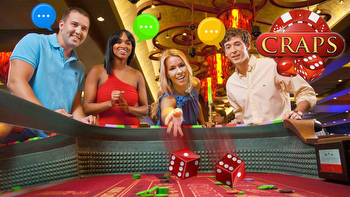We are feeding compulsive gamblers’ addictions
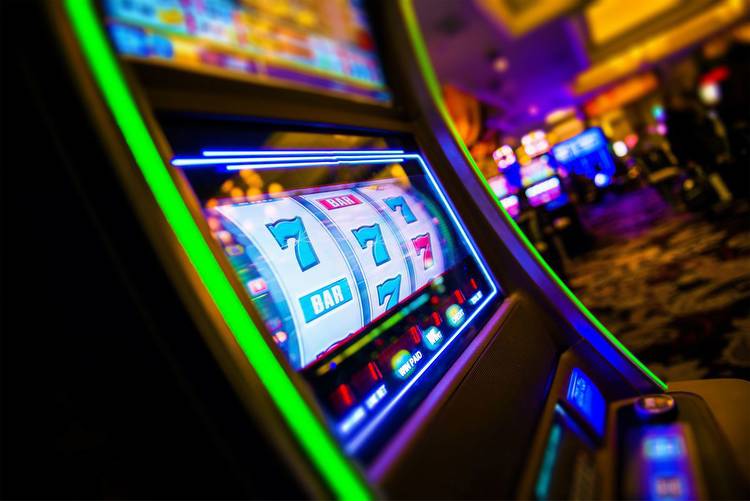
When I first read about Gov. Hochul’s plan to support creation of three more full-service commercial casinos in or around New York City as part of her budget proposal — adding to the four casinos already upstate and racinos already in New York City — my first thought was on the number of lives that will be destroyed. I speak from personal experience as a recovering compulsive gambler, and from listening and reading letters from hundreds of other problem gamblers after the publication of my memoir, a story of my struggle with compulsive gambling.
Whether or not these three casinos will ever be built, it’s important to know firsthand how new and established casinos create and serve as enablers of pathological gamblers.
I first stepped into a casino at age 19 in 1973 and was hooked immediately. The bright, colorful lights, the non-stop sound of coins dropping into the slot machines coin trays, the enticement of the color-coded casino chips, free drinks, affable pit bosses and slot machine attendants, and the attractive cocktail waitresses in skimpy outfits: Together, they activated the feel-good hormone, dopamine, in my brain.
Over the next 14 years, I would make multiple trips a year to the casinos that were approximately four hours away. Later, when local casinos opened, I would rapidly progress to weekly, followed by daily visits to them. This caused my gambling problem to become progressively worse. After losing more than $100,000 up to that point, I admitted that my gambling was out of control and I desperately needed help.
Compulsive gambling is a bona fide disease. It was first classified as such in 1980 by the American Psychiatric Association in their Diagnostic and Statistical Manual of Mental Disorders. In the latest revision, known as the DSM-5, gambling disorder is classified under “substance-related and addictive disorders,” a shared classification with alcohol and drug addiction.
In 1987, I attended my first Gamblers Anonymous meeting, where I met many others who also could not control their gambling, particularly at casinos. Some got addicted on their very first visit, while others began as recreational players, and became addicted gradually. Many had never gambled before their first supposedly fun outing to a casino.
Other members and I commiserated about the loss of wages, rent money, mortgage payments, Christmas club savings accounts, children’s bank accounts, cash advances from credit cards, bank loans that were secured by falsifying applications, and for some, money embezzled from employers.
I have heard many compulsive gamblers recall how they were first drawn to casinos: $5 prime rib and lobster meals, coupons to gamble with, and cheap room, meal and show packages. I believe that many people possess a gambling seed, and that a simple visit to a casino can germinate it. The seed may also remain dormant among recreational gamblers until we’re faced with a major life event, such as divorce, death of a loved one, retirement or becoming an empty nester.
Pit bosses can easily spot players with a gambling disorder. Yet casinos often enable compulsive gamblers by offering large lines of credit that no financial institution would come close to approving. What’s worse, they will often extend even more credit.
I’ve been in bars and seen bartenders cut off alcoholics. But in my 30 years of gambling in casinos, not once have I witnessed a pit boss advise or suggest to an obvious compulsive gambler to perhaps stop gambling. What I have seen, repeatedly, are pit bosses offering comps to players who are winning, with the intent of disrupting players’ winning streak.
New casinos hire designers and psychologists to design and create the ideal environment to attract and retain customers. I have lost count of the number of Gamblers Anonymous members who share that they can directly link the cause of their addiction to the opening of a new casino nearby.
It’s not only the gamblers we should care about; it’s their families. I have heard endless stories from wives whose lives are shattered when their husbands’ secret life as a gambling addict is exposed. Often, the trigger is a call or letter from a bank or other creditor. The bank accounts are overdrawn, safe deposit boxes are empty, the rent hasn’t been paid for months, second and third mortgages have been taken out, credit cards are maxed out. From that point on, to recover from the crisis, as the only rational and responsible party in the household, it’s the wives who are forced to declare bankruptcy, or to deal with the banks, casinos, or the loan sharks on their own.
Gambling boosters in the Legislature say these new casinos could generate billions of dollars in tax revenue. Some of those funds are expected to be used to improve problem-gambling programs. But rather than throwing good money after bad, wouldn’t it be better not to create new problem gamblers in the first place?
Lee is the author of “Born to Lose: Memoirs of a Compulsive Gambler.”








